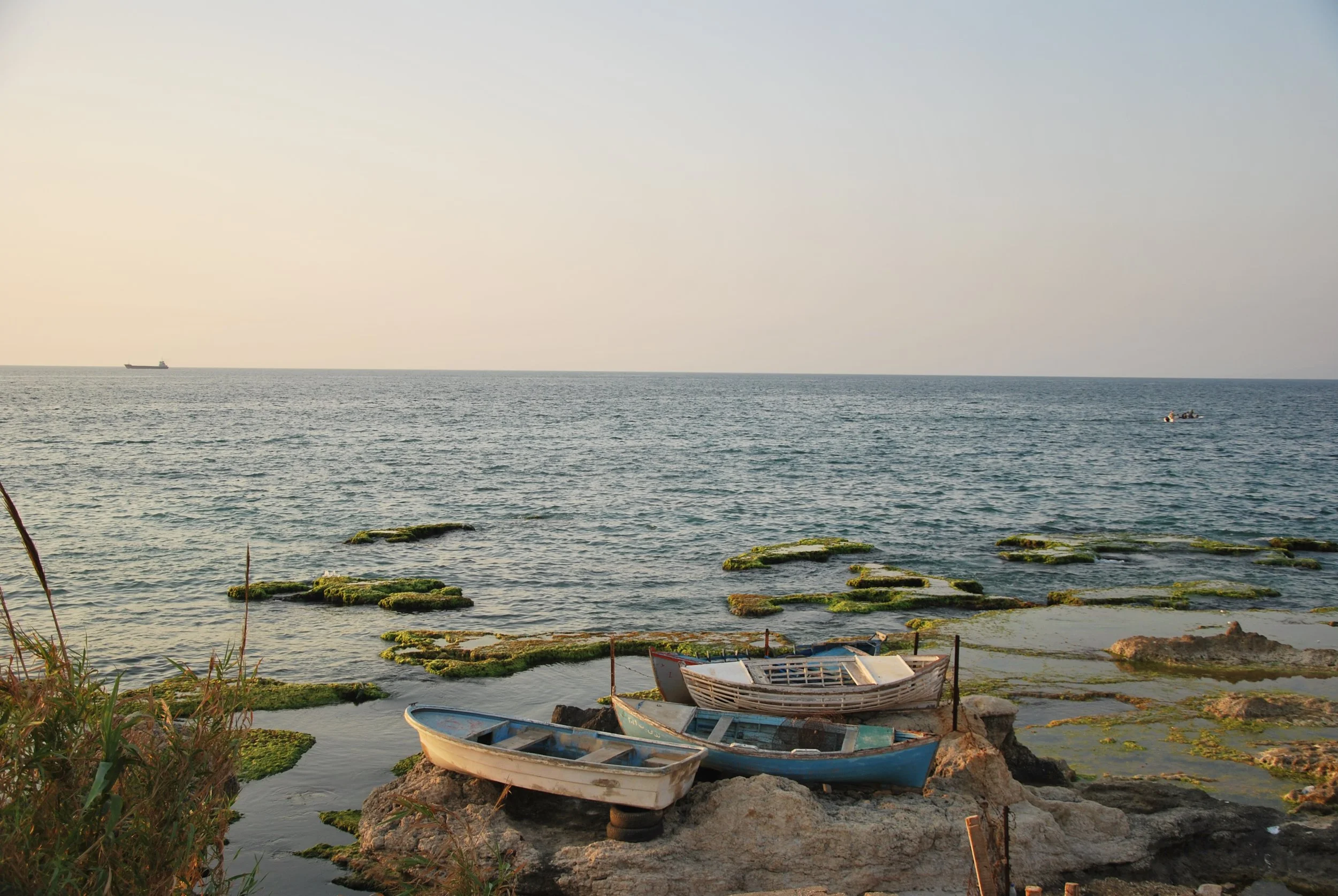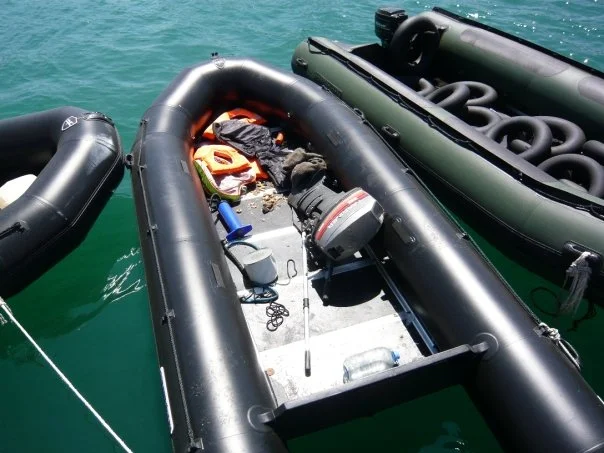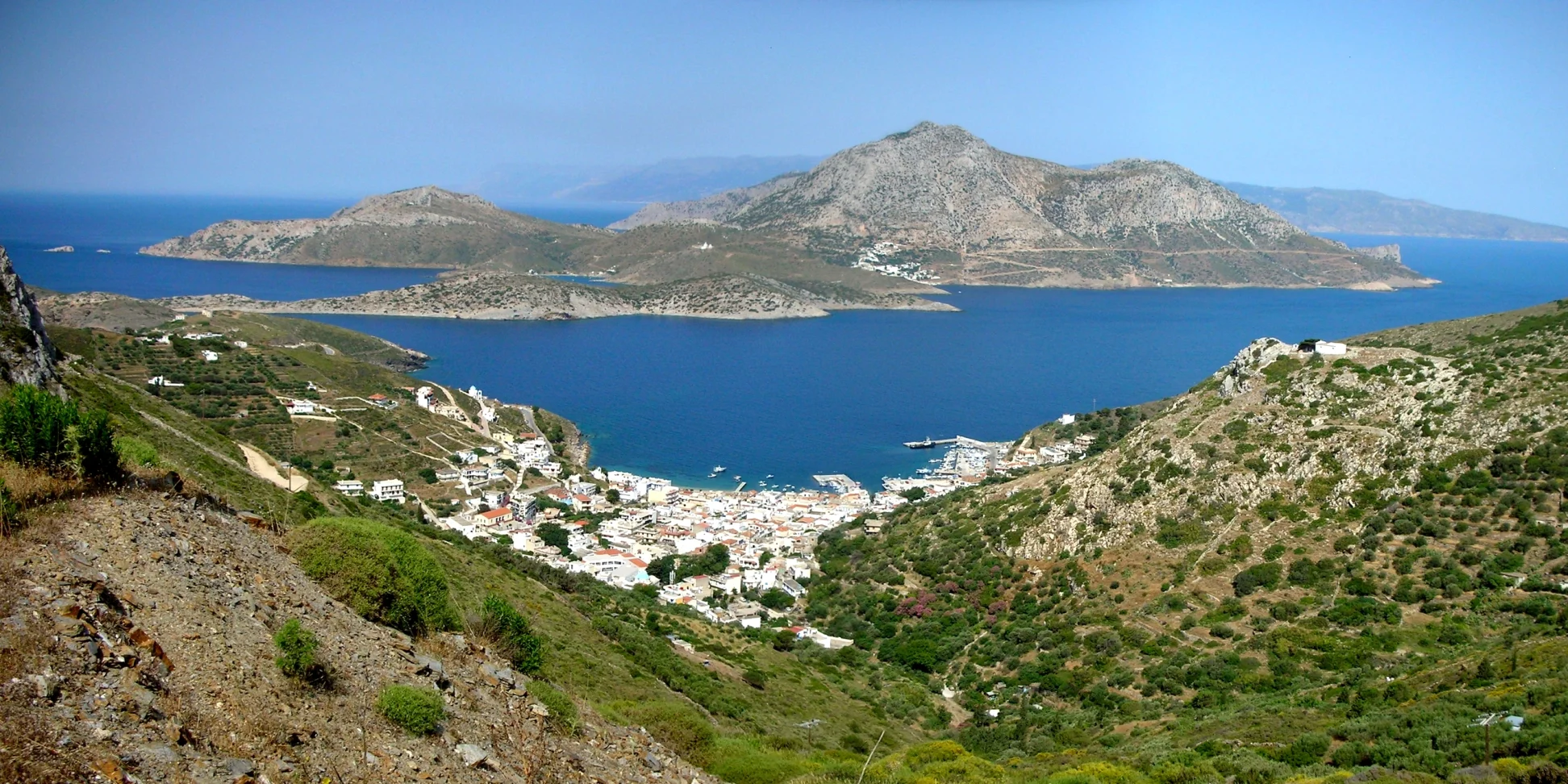Although the imperial ship has been a key location through which to theorize colonialism and the origins of racial capitalism, little research exists on the postcolonial ship as an analytical indicator for the persistence and distinctiveness of contemporary racial capitalism. This article explores a largely uncharted territory through a critical appraisal of postwar Greek‐owned shipping.
Read MoreThis article draws on fieldwork, interviews, and archival research on the maritime campaign of the International Palestine Solidarity Movement to challenge the embargo on Gaza. I make three main arguments: first, in addressing the Mediterranean Sea as a platform for international solidarity, the Ships to Gaza inadvertently contrived a novel and largely understudied instance of popular politics at sea, which I coin ‘popular thalassopolitics’.
Read MoreThe Mediterranean does not settle easily in predestined critical or cultural location. In immediate terms, contemporary European politics and legislation, concentrated in the figure of the ‘illegal’ migrant, inadvertently expose deeper archives; these invite us to revaluate this body of water and associated histories. Sea water is striated. It follows neither a single history nor a unique map. It is worked up and worked over not only by social, but also by physical, animal and chemical, processes. To insist on these overlapping configurations is to register what exceeds and enriches the picture. Unregistered histories invest, cross and construct unsuspected maritime archives.
Read MoreLiam Campling and Alejandro Colás’ recent book, Capitalism and the Sea, is an ambitious, systematic, and convincing account of the reciprocal impact of capital upon the salt-water world in the past 400 years. The book is at once an important addition to and a referential text for the rising interdisciplinary field of critical maritime studies – a formidable ocean of research spanning histories of maritime colonialism, including piracy, slavery and revolution, macro-economic approaches to capital circulation in the oceans, studies on borders and border crossers, securitisation and state control over maritime spaces, maritime legalities and materialist perspectives on ports, logistics, chokepoints and labour, as well as ethnographies of marine biologists and maritime activists.
Read MoreSeaspiracy is a Netflix documentary which raises awareness towards the atrocities committed by the fishing industry towards marine life and laborers at sea. Many influential individuals praised its role in highlighting the effects of seafood consumption, and how the depletion of oceanic waters will make way for irreversible damages towards the earth’s atmosphere. The problem however lies in the lack of solutions provided towards the issues being raised, leaving individuals with one option to counteract the issues being raised, that being veganism, when in reality, such an option does little to counteract the reality of the situation. So, is Seaspiracy truly trying to call for change, or is it nothing more than a propaganda film made by vegan activists?
Read MoreChanging seas, whether it be in the form of increased acidification, higher temperatures or its rising level, demand a sea change in human-to-human and interspecies interactions. Whatever measures and countermeasures are put in place to reverse, adapt to and/or mitigate effects of climate change, states will no doubt play an outsized role as the most prominent subjects of international law. Yet there has been an expansion of subjecthood to commercial enterprises (arbitration) and the individual human being (criminal law), and there exists a plethora of actors and networks, connections and flows that transcend borders.
Read MoreWith various recruitment efforts underway throughout the industry, this paper poses the following question: To what extent was there a place for women in maritime history ? The aim is to dive into the gender gap on women’s participation and their potential roles in an evolving marine and maritime industry.
Read MoreIn light of the recent Pandora Paper leak, this essay aims to examine the rise and potential fall of the offshore world. Previous literature examines several definitions and classifications of the offshore world as a geographical location, an imaginary legal realm, and as a process for the advancement of class interest. This paper considers the different characterizations and distinctions of this hidden world, through an examination of the history of its rise in relation to the sea and colonialism, and offers insights into the transformation of state relations through the lens of global connectivity and finance.
Read More“The article analyses the expansion of commercial shipping and port activity through mixed ecological economics and political ecology perspectives. Focusing on the case of the Port of Barcelona, the article describes how the maritime circulatory processes behind the growth of global economic activity produce seldom accounted-for negative socio-environmental impacts that are unequally distributed at multiple scales. In the context of global ecological breakdown, a ‘blue degrowth’ counter-paradigm is propsed as a reasoned sustainability alternative for the maritime transportation industry”
Read MoreSeafarers are often referred to as the invisible workforce. Most of us are not aware that more than 90 percent of our goods are transported via ocean routes. This is a circumstance we do not even recognise, but at the same time impacts our lives in a significant way. Showcasing by the example of the new orientation in the maritime sector in India, this paper aims to depict what importance is given to the rights of seafarers, which legal documents exist, and to what extent they are implemented and adhered to. This is conducted by introducing the example of the Indian Maritime Agenda 2010-2020. Based on the current legal framework, the Indian policy paper will be analysed subsequently. Eventually, the paper tries to show to what extent the recent trend of corporate social responsibility codes (“CSR”) is an enhancement towards better working conditions for seafarers. Finally, an analysis will be made on the Maritime Agenda 2010-2020 and its efforts towards maritime labour law, as well as its meaning for international affairs.
Read MoreAn investigation into the ways that states approach maritime chokepoints in the context of globalization through two case studies from 2018: the nationalisation of Doraleh Container Terminal and the Emirati occupation of Socotra. Bab el-Mandeb is a strait connecting the Red Sea with the Gulf of Aden. It is situated between Djibouti and Yemen, and at its narrowest is only 18 miles wide. More than 50 million tons of agricultural products and 1,750 million barrels of oil (EIA, 2017) pass through this waterway each year, making it a critical chokepoint for international trade - a status it has held since the opening of the Suez Canal in 1869. Due to ongoing instability in the region, it is ranked as one of the highest-risk bottlenecks for international trade.
Read MoreThe sea has facilitated and represented modes of movement for human beings since the beginning of time, be it the passage of bodies, products, materials or waste. More enthralling is the part it plays in the transmission of communication at distance, and it’s expediting of human connection through messaging since the foremost transatlantic communications telegraph cable relayed its first message on August 16th 1858. In this report, I interrogate the politics and interchanging narratives that ensue once these massive fiber optic cables reach the land from the ocean, specifically considering the case of Lebanon in which one can distinctly observe the treadmill syndrome through which developing countries attempt to keep up with the technological advances of the world.
Read MoreOne thing I have learned over my years of working on Mediterranean mobilities is that one cannot enter into a discussion on these issues and expect to remain uncontaminated; certainly not in a conference-like context, where debate and discussion not only have moments of magic but—we hope—also move into uncomfortable or critical terrains.
Read MoreThe Floating Laboratory Of Action and Theory at Sea that was launched in summer 2018 on the island of Lesvos, Northeastern Aegean, Greece posed this question among many others. The emergence of FLOATS during a period of growing interest among social scientists in ocean, seawater, flows, and tides called for an interdisciplinary approach and prompted us to reconsider common and (un)common topics from another perspective. As an anthropologist of kinship my perspective is often related to soil, blood, descent, alliance, siblinghood, family, household, spiritual affinity, exchanges of goods (bridewealth, dowry, inheritance), substances (milk, blood, sperm, oocyte womb), and names. How could sea encounters motivate an anthropologist with these interests to reconsider her perspective?
Read MoreSince 2011, the Forensic Oceanography project which I co-founded with Charles Heller has critically investigated the militarised border regime imposed by European states across the Mediterranean Sea, analysing the political, spatial and aesthetic conditions that have led to large-scale deaths of migrants over the last 30 years.
Read MoreIslands have long provided the setting for imagined utopias, as in Ibn Tufail’s 12th century tale Hayy ibn Yaqdhan and Thomas More’s Utopia of 1516. But the island of Lesvos could be described neither as a “utopia”, from the Greek “no” and “place” nor a “eutopia”, from the Greek “good” and “place”.
Read MoreHow do human encounters and experiences with the sea relate to the articulation of utopias and vice versa? The main aim of the workshop was to think in tandem the embracing vastness of the sea upon the planet and the necessary limitlessness of imagining better futures for all creatures upon it.
Read More















